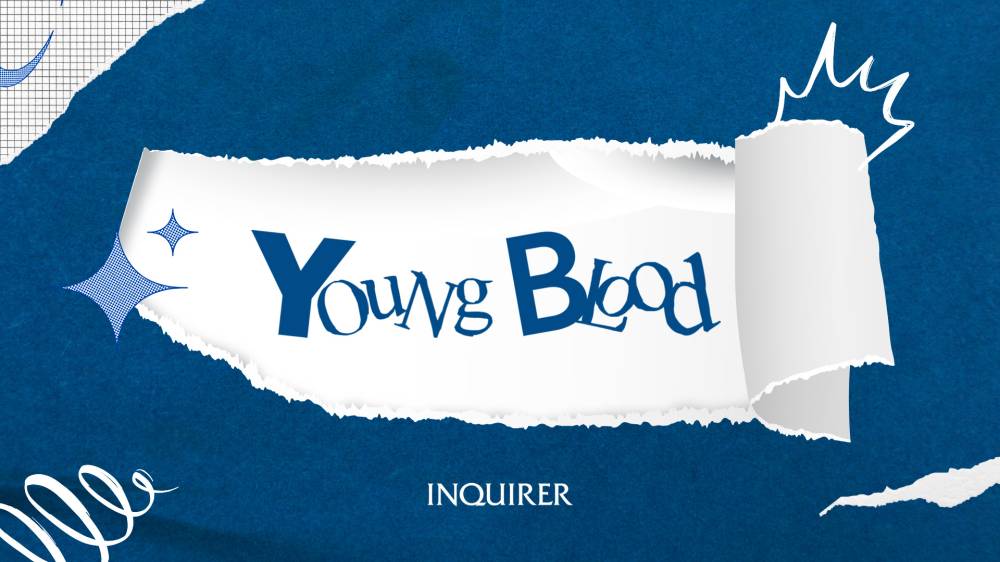Raised by roosters

My childhood mornings in Isabela began with the cry of roosters. For most people, it was just countryside background noise, the alarm clock that crowed too early. For me, it was family business. My father was a cockfighter, and the roosters in our yard weren’t pets. They were warriors in training, athletes bred for blood.
I remember watching my father care for them with tenderness that surprised me. He would feed them with precision, stroke their feathers, even talk to them as if they understood. Sometimes he would whistle a tune while cleaning their cages, as if it were no different from sweeping the yard or fixing a roof. To a child, it looked like love. Yet I also knew that this love had an endgame. One day, those same roosters would enter a cockpit, blades tied to their legs, fighting for his pride, his livelihood, and maybe his luck.
The first time he let me watch a derby, I was too young to understand what was happening. The air was thick with sweat, cigarette smoke, and the noise of men shouting wagers. The atmosphere buzzed with something that felt both festive and dangerous, like a fiesta where joy and desperation danced side by side. When the fight began, I froze. The roosters blurred into each other, feathers flying, claws striking, a spray of red on the sand. The crowd roared as if it were a basketball game, but I couldn’t cheer. One rooster fell, struggling for breath, and I remember clutching my father’s hand, too afraid to ask him if this was winning or losing.
Growing up in a cockfighter’s household means you learn contradictions early. I saw my father treat his roosters like champions, only to gamble them away in a few minutes of combat. I saw neighbors cheer at death, but also cradle their wounded birds with a tenderness that reminded me of a parent tucking in a child. Was it cruelty? Was it culture? In our town, those two things often wore the same face.
Cockfighting was never just about roosters. It was about money changing hands, debts being settled, pride being measured. Men came alive in the cockpit. They shouted, laughed, argued, prayed. For them, “sabong” was not simply sport. It was brotherhood, tradition, and a stubborn piece of identity. To grow up there was to understand that it was woven into our weekends, our fiestas, even our family stories.
But as I grew older, I began to see the shadows it cast. Cockfighting wasn’t just feathers and noise. It was also broken families, unpaid debts, and fathers who went home with nothing in their pockets. It was children waiting for mothers to explain why the electricity bill couldn’t be paid that month. My own father came home defeated more than once, carrying silence heavier than any rooster. At times, I wondered if he was gambling not just with roosters, but with our family’s stability, our future.
And yet, I could never hate him for it. How could I? For him, cockfighting wasn’t vice. It was survival, a way of being part of a community, a way of holding onto manhood in a province where opportunities ran thin. He inherited it, the way I inherited his stories, his stubbornness, and the sound of roosters crowing before dawn. To deny him that would be to deny the world he grew up in, the very soil that raised us both.
Now at 17, far from the Isabela cockpits of my childhood, I think about those roosters differently. They were more than animals bred to fight. They were symbols of the contradictions I carry as a daughter of this country. We are a people who cling to tradition, even when it draws blood. We celebrate life with rituals of death. We gamble on chances and call it hope.
When I hear roosters now in Dumaguete, they don’t sound like background noise. They sound like memory, like the mornings when my father bent over a cage, whispering to a bird destined for a fight. They sound like the arena, with its blur of feathers and frenzy. They sound like the part of me that is both proud and uneasy about where I come from.
I don’t know if cockfighting has a future. Maybe it will be banned completely; maybe it will outlast all of us. But I do know this: I cannot erase it from my story. I was raised in its shadow, by a father who loved his roosters as fiercely as he risked them.
And perhaps that is the lesson cockfighting left me with: that love and violence, pride and loss, tradition and change are never clearly separated. They are tangled together, like feathers and blood on a sandpit floor—remnants of a fight both brutal and beautiful, unforgettable in the way only childhood truths can be.
—————-
Isabella Therese B. Calis, 17, is a senior high school student at Silliman University in Dumaguete. She is a student journalist and writer interested in stories about culture, memory, and identity.

















A two-pronged attack on corruption